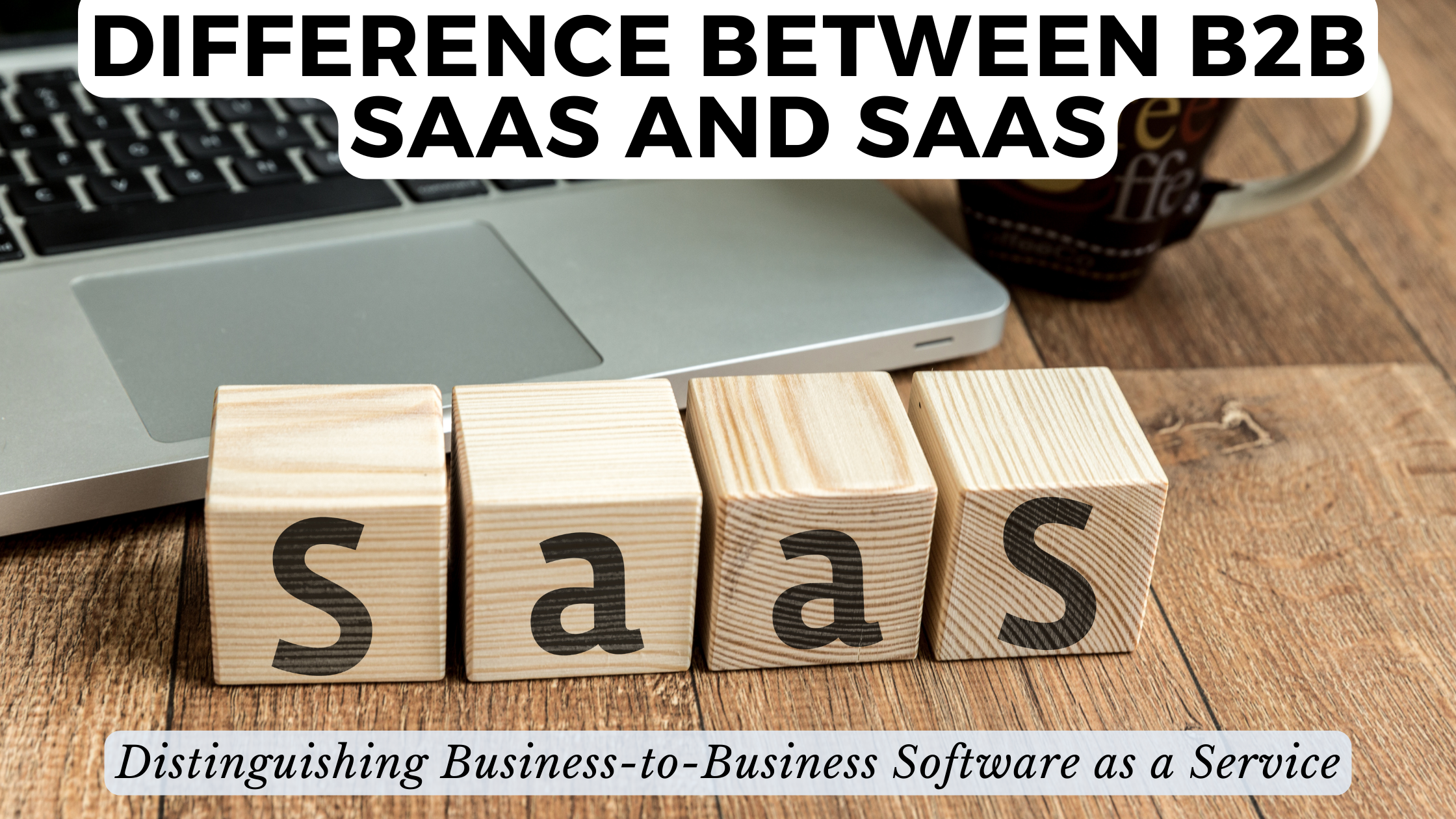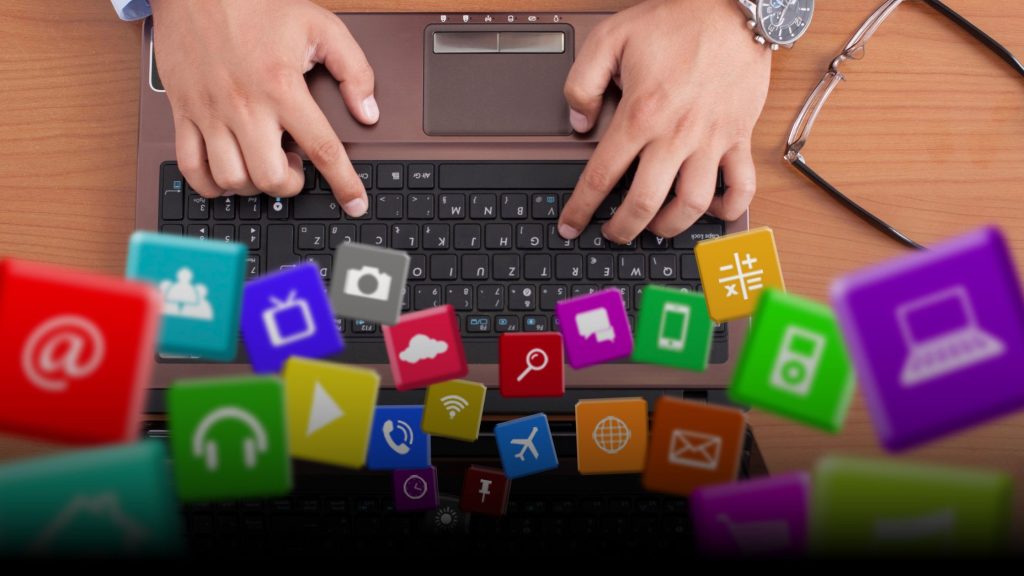Difference Between B2B SaaS and SaaS: Distinguishing Business-to-Business Software as a Service
- Credit Cards Investing Business Solutions

Difference Between B2B SaaS and SaaS: Distinguishing Business-to-Business Software as a Service
In the realm of software solutions, the terms “B2B SaaS” and “SaaS” are often used interchangeably, leading to confusion about their distinctions. Understanding the nuances between Business-to-Business Software as a Service (B2B SaaS) and the broader Software as a Service (SaaS) category is crucial for businesses aiming to make informed software decisions.
Defining SaaS:
Software as a Service (SaaS) is a broad category encompassing cloud-based software solutions delivered over the internet. Instead of traditional software installations, SaaS applications are accessed through a web browser. Users subscribe to these services on a subscription basis, eliminating the need for upfront infrastructure investments and ongoing maintenance. SaaS spans various sectors, including business, education, healthcare, and more.
Key Characteristics of SaaS:
- Cloud-Based Delivery: SaaS applications are hosted in the cloud, allowing users to access them remotely via the internet. This eliminates the need for physical installations on individual devices.
- Subscription Model: SaaS operates on a subscription-based pricing model, where users pay recurring fees for access to the software. This typically includes updates, maintenance, and customer support.
- Scalability and Flexibility: SaaS solutions are designed to be scalable and flexible, accommodating the changing needs of users. Businesses can easily scale up or down based on their requirements.
Defining B2B SaaS:
Business-to-Business Software as a Service (B2B SaaS) narrows the focus to software solutions specifically designed for businesses and enterprises. Unlike consumer-oriented SaaS, B2B SaaS targets the needs of organizations, offering tools and functionalities tailored for business operations, collaboration, and productivity.
Key Characteristics of B2B SaaS:
- Enterprise-Level Features: B2B SaaS solutions often incorporate advanced features and capabilities suitable for the complexities of business operations. This may include robust security measures, integrations with other enterprise software, and customization options.
- Collaboration and Productivity Tools: B2B SaaS commonly includes collaboration and productivity tools tailored for teamwork within organizations. These tools facilitate communication, project management, and resource allocation on an enterprise scale.
- Business-Centric Integrations: B2B SaaS integrates seamlessly with other business-centric software solutions. This ensures cohesion within the organizational tech stack and enhances overall efficiency.
Differentiating Factors
1. Target Audience
- SaaS: Targets a broad audience, including individual users, small businesses, and enterprises.
- B2B SaaS: Tailored exclusively for business users, addressing organizational requirements and workflows.
2. Feature Complexity
- SaaS: Offers a range of features suitable for diverse user needs.
- B2B SaaS: Emphasizes advanced features catering to the complexities of business operations, collaboration, and scalability.
3. Customization and Integration
- SaaS: Focuses on user-friendly interfaces and general usability.
- B2B SaaS: Allows for greater customization and seamless integration with other business systems.
4. Pricing Structure
- SaaS: Often features pricing tiers for individuals, small teams, and larger enterprises.
- B2B SaaS: Pricing models are crafted to accommodate the scale and requirements of businesses, including enterprise-level solutions.
5. Support and Training
- SaaS: Provides standard user support and minimal training resources.
- B2B SaaS: Offers dedicated support channels and extensive training materials to meet the needs of business users.
Relevant B2B SaaS Products
To further illustrate the concepts discussed, here are relevant examples of B2B SaaS products:
- Salesforce: A comprehensive B2B SaaS CRM platform.
- Workday: B2B SaaS for human resources and financial management.
- Adobe Sign: B2B SaaS for secure electronic signatures.
Conclusion: Informed Decision-Making
Understanding the difference between B2B SaaS and SaaS empowers businesses to make informed choices based on their specific needs. Whether opting for a broad SaaS solution or a specialized B2B SaaS platform, businesses can align their software choices with their organizational goals.
Explore and compare a variety of B2B SaaS and SaaS solutions on Subscribed.FYI. Sign up for exclusive deals and discover the ideal software to elevate your business operations.
Relevant Links:






